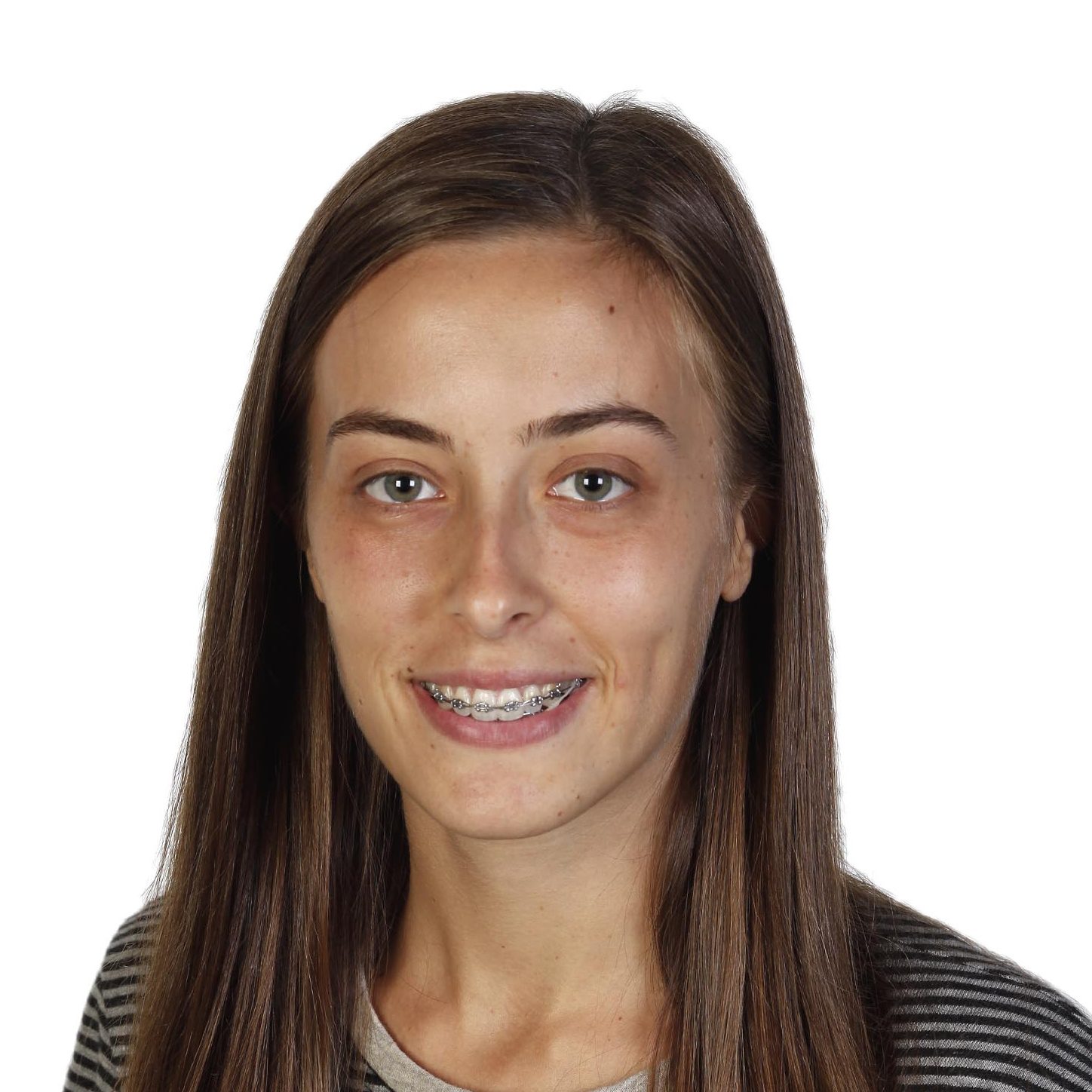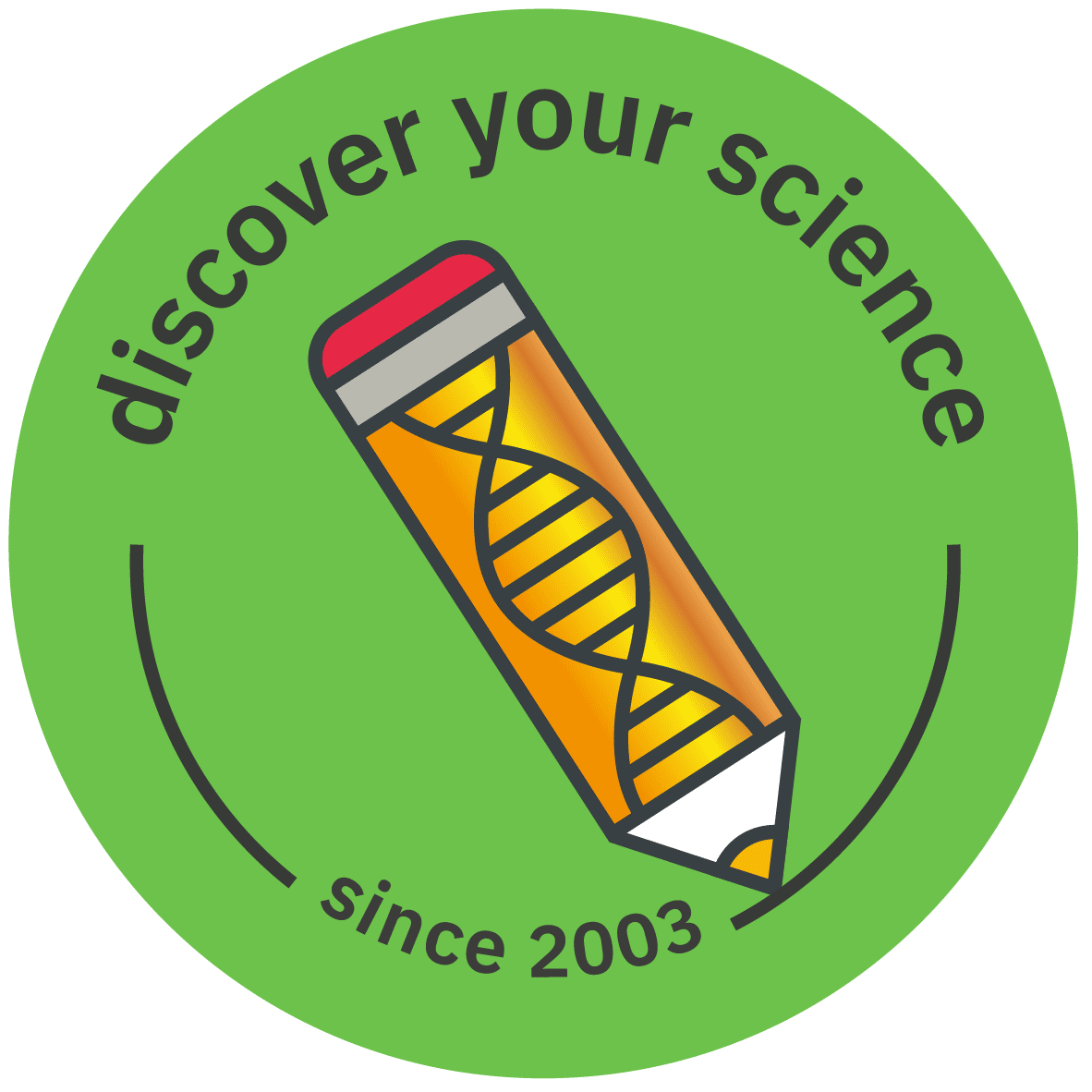EMBL School Ambassador Büşra Erarslan
Country: Turkey
Profile
Hello, I am Büşra, a third-year PhD student at EMBL, Heidelberg. I come from Bandirma, a small town on the north-west of Turkey. It is located by the Sea of Marmara, a unique inland sea connecting (in addition to Asia and Europe) the Black and the Aegean Seas through Istanbul and Dardanelles, where the famous Trojans lived. Early in my childhood, high level of biodiversity in that region triggered my interest in nature. I savored the delight of learning something new, for the first time when observing different variety of animals and plants around. In me, these observations, cultivated two fundamental requirements of being a scientist: curiosity and eagerness to discover new things.
As I learned more about the molecular mechanisms lying behind cellular processes of all these living organisms I was observing, I got hooked on biology during my high school years and started to follow popular science magazines on a regular basis. Not only biology but also mathematics fascinated me since it was just another language to discover and understand the nature. On top of that, it contributed considerably to develop structured thinking in daily and academic life. Although I was enrolled in Molecular Biology and Genetics department at Bogazici University in Istanbul, my passion for the mathematics did not diminish and thus, I did a double major and graduated from two departments. Pursuing a career in science was inevitable because I consider science as the only area where you can extend your knowledge every single day, satisfy your curiosity through developing different interests, and do something useful for the world at different scales.
I believe, in my country and in general, science education plays the major role of guiding people towards having an open mind and accordingly preventing them being dogmatic and docile. In my opinion, as scientists we are responsible for transferring our enthusiasm to both younger and older generations, raising more scientific interest in public, and making science more accessible and understandable for everyone. I would like to thank EMBL ELLS team for their support in my preparation for the school visit in December 2017. Thanks to the EMBL School Ambassador Programme, I had a memorable experience inspiring young students in a country where, unfortunately, science is pushed into the background day by day.
Diary
I visited my old high school, Bandirma YSS Lisesi, in December 2017 as an EMBL school ambassador. My primary aim was to encourage young students to consider a career in science and to provide insights into academic life.
First, I briefly talked about Heidelberg and EMBL, showing couple of pictures and emphasizing how international they both are. Students were very curious about the differences between daily life in Turkey and in Germany. I tried to give as many examples as possible such as how biking is common as a mean of transportation and how strictly regulated recycling is.
Next, I summarized the steps I had taken until starting my PhD studies at EMBL. Plenty of them was thinking that you can never have a social life if you do a double major and pursue a career in academia. However, I tried to steer them to the positives, pointing out that they can develop better planning skills this way, and thus allocate enough time for fun activities. By giving examples from my own life, I tried to change the perception of “movie scientist”, who is mostly weird and unsocial, in their mind.
Last part of my talk was more science-oriented. I introduced my project in which we aim at identifying gene regulatory regions driving a childhood leukemia relapse by investigating changes in chromatin accessibility profiles of relapsed disease in comparison to primary disease. Here I focused on three concepts: (1) epigenetics, (2) sequencing technologies and their impact on scientific and daily life, and (3) handling big-data by means of computer sciences, exemplifying the importance of collaborations in scientific studies. When one student asked if I have a final result and a new finding, I felt like my boss is among the audience! Answering that, I mentioned the importance of validating findings and observations when doing science.
The most striking observation of my visit was encountered during one-to-one chats after my talk. Most of the students who want to study basic sciences were worried about their future and financial situation after graduation. Plenty were discouraged by their parents and policies in Turkey which are not very supportive of scientific researches. This being the case, I preferred to encourage them not to select their subjects based on job availability and a nice paycheck, but instead, based on their interests as they wouldn’t be otherwise satisfied with the life. In my opinion, if one loves his field, aims at being the best, and improves her/his skills day by day, it is inevitable to become “the person sought after” and accordingly secure the future. Moreover, I reminded them that there are various options to study/continue a scientific career abroad and encouraged them to get in touch with me if they need any help with applying for scholarships.
As for the closing, I gave the audience my contact details and suggested them a handful of science-related Turkish podcasts, radio programs and blogs/websites to follow. Overall it was a very rewarding experience to be back at my former school and to see my old teachers, some of who inspired me remarkably, among the audience. I hope that I contributed to bridge the gap between science and teenagers and helped them with their decision about the future. I am glad that EMBL ELLS team gave this opportunity and made me discover how I enjoy communicating science with non-scientists in an understandable way.

